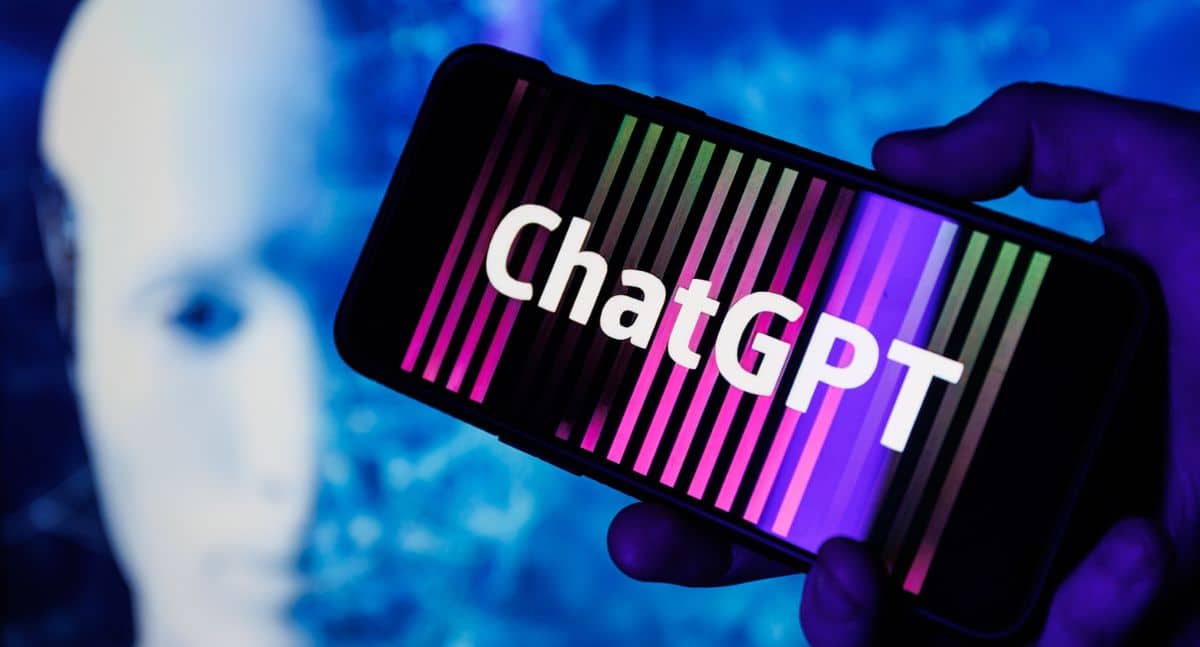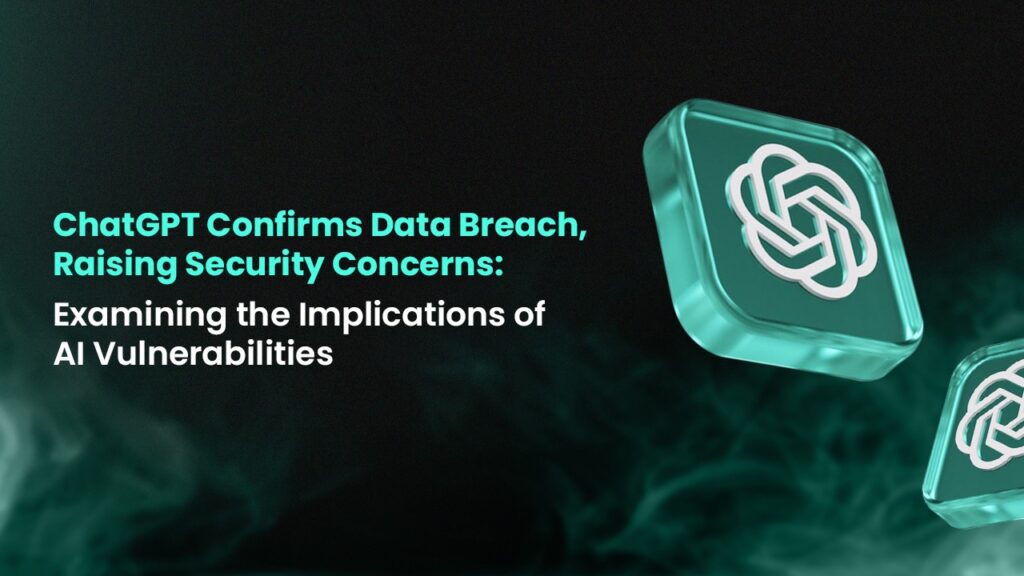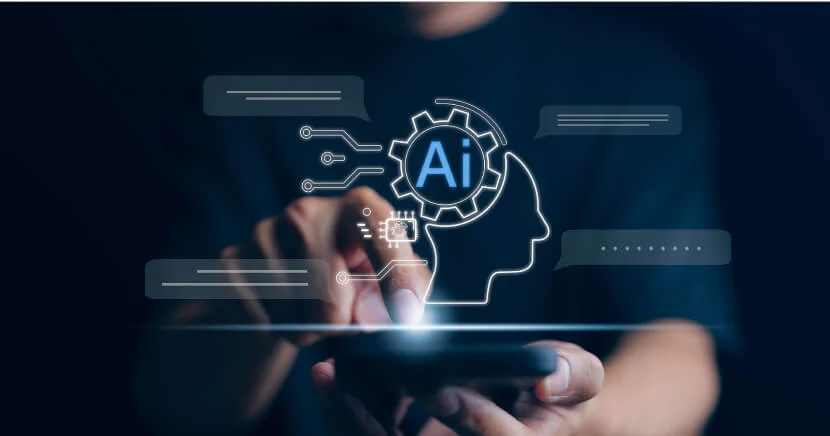
Integrating advanced AI technologies like ChatGPT into various platforms and services offers significant benefits in today’s digital landscape. However, it also raises critical concerns regarding data privacy and security. As organizations increasingly adopt these AI solutions, addressing the potential risks and implementing robust measures to protect sensitive information is essential.
Understanding ChatGPT and Its Applications
ChatGPT, developed by OpenAI, is an AI language model that can generate human-like text based on the input it receives. It is used in various applications, including customer service, content creation, virtual assistants, and more. The convenience and efficiency provided by ChatGPT make it a valuable tool for businesses and individuals alike.
Key Data Privacy Concerns
a) Data Collection and Storage
One of the primary concerns with ChatGPT integration is the collection and storage of data. The data processed by ChatGPT can include sensitive personal information, such as names, addresses, financial details, and more. It is crucial to understand how this data is collected, stored, and managed to prevent unauthorized access and misuse.
b) Data Sharing and Third-Party Access
Another significant privacy risk is the potential for data sharing with third parties. User data may be shared with third-party entities when integrating ChatGPT with external services or platforms. Ensuring these entities adhere to strict data protection standards is vital to safeguarding user privacy.
c) User Consent and Transparency
Obtaining user consent and maintaining transparency about data usage are essential components of data privacy. Users should be fully informed about how their data will be used, stored, and shared. Transparent privacy policies and explicit consent mechanisms help build trust and protect user rights.
d) Anonymization and Data Minimization
To mitigate privacy risks, anonymization and data minimization should be employed. Anonymization involves removing personally identifiable information from data sets, while data minimization focuses on collecting only the data that is strictly necessary for the intended purpose.
Security Concerns and Mitigation Strategies
a) Cybersecurity Threats
The integration of ChatGPT can expose systems to various cybersecurity threats, including hacking, phishing, and data breaches. Implementing robust cybersecurity measures, such as encryption, firewalls, and intrusion detection systems, is essential to protect data from malicious attacks.
b) Access Controls and Authentication
Access controls and authentication mechanisms ensure that only authorized individuals can access sensitive data. Multi-factor authentication (MFA) and role-based access controls (RBAC) can help limit access to critical information and reduce the risk of unauthorized access.
c) Regular Audits and Compliance
Regular security audits and compliance with relevant data protection regulations like GDPR and CCPA are vital for maintaining data security. These audits help identify potential vulnerabilities and ensure that security measures are up-to-date and effective.
d) Data Encryption
Data encryption is a fundamental security measure that protects data in transit and at rest. Encrypting sensitive information ensures that it remains unreadable and secure even if data is intercepted or accessed without authorization.
Balancing Innovation with Privacy
a) Ethical AI Development
Promoting ethical AI development involves considering the potential privacy implications when designing and deploying AI technologies. This includes implementing privacy-by-design principles and ensuring that AI systems are developed with user privacy as a priority.
b) User Empowerment
Empowering users with control over their data is essential for balancing innovation with privacy. Providing users with options to access, modify, and delete their data enhances trust and ensures that users retain control over their personal information.
c) Collaboration and Best Practices
Collaboration among industry stakeholders, policymakers, and privacy advocates is crucial for developing best practices and standards for AI integration. Sharing knowledge and resources can help create a more secure and privacy-conscious AI ecosystem.
Addressing data privacy and security concerns is paramount as the integration of ChatGPT and similar AI technologies becomes more widespread. By understanding the risks and implementing robust protection measures, organizations can harness the benefits of AI while safeguarding user data. Ensuring transparency, obtaining user consent, and adopting ethical development practices will help build trust and create a more secure digital environment. Balancing innovation with privacy is a legal obligation and a fundamental aspect of responsible AI deployment.

Customizing ChatGPT for Industry-Specific Applications
Artificial intelligence (AI) has revolutionized various industries by automating processes, improving efficiency, and enhancing customer experiences. One of the most versatile AI tools available today is ChatGPT. Developed by OpenAI, ChatGPT can be tailored to meet the unique needs of different industries, providing specialized assistance and improving operational workflows. This article explores how ChatGPT can be customized for industry-specific applications and its benefits to different sectors.
Understanding ChatGPT
ChatGPT is an AI language model that uses deep learning techniques to understand and generate human-like text based on the input it receives. Its versatility allows it to perform various tasks, from answering questions and providing recommendations to generating content and engaging in conversations. The adaptability of ChatGPT makes it an invaluable tool for various industries.
Benefits of Customizing ChatGPT
Customizing ChatGPT for specific industries offers several advantages:
- Enhanced Efficiency: Tailored responses and specialized knowledge streamline workflows and reduce the time required for task completion.
- Improved Customer Experience: Industry-specific customization allows ChatGPT to provide more accurate and relevant information, enhancing user satisfaction.
- Cost Savings: Automation of routine tasks reduces the need for human intervention, leading to significant cost savings.
- Scalability: ChatGPT can handle multiple queries simultaneously, making it ideal for businesses with high customer interaction volumes.

Customizing ChatGPT for Different Industries
I. Healthcare
- ChatGPT can be customized in the healthcare industry to assist with various tasks, including patient support, medical information dissemination, and administrative duties.
- Patient Support: ChatGPT can inform patients about symptoms, medications, and treatment options, helping them make informed decisions.
- Appointment Scheduling: Automating the scheduling process reduces administrative workload and ensures efficient appointment management.
- Medical Records Management: ChatGPT can assist in organizing and retrieving patient records, ensuring quick access to vital information.
II. Finance
ChatGPT can be tailored for the finance sector to handle customer inquiries, provide financial advice, and assist with transaction processing.
- Customer Inquiries: ChatGPT can answer questions about account balances, transaction history, and financial products, improving customer service.
- Financial Advice: ChatGPT can offer personalized financial advice and investment recommendations by leveraging industry-specific data.
- Fraud Detection: ChatGPT can help monitor transactions and identify suspicious activities, enhancing security measures.
III. E-commerce
In the e-commerce industry, ChatGPT can enhance the shopping experience by providing personalized recommendations, assisting with order management, and improving customer support.
- Product Recommendations: ChatGPT can suggest products that align with the user’s interests using customer preferences and browsing history.
- Order Management: ChatGPT can help customers track their orders, initiate returns, and provide updates on delivery status.
- Customer Support: ChatGPT ensures quick resolution and improves customer satisfaction by handling common queries and issues.
IV. Education
ChatGPT can support students, educators, and administrators in the education sector by providing personalized learning experiences and streamlining administrative tasks.
- Personalized Learning: ChatGPT can offer tailored study materials, quizzes, and feedback based on the student’s learning style and progress.
- Administrative Support: Automating enrollment, scheduling, and record-keeping tasks frees up time for educators and administrators to focus on more critical activities.
- Tutoring Assistance: ChatGPT can provide instant help with homework, explanations of complex concepts, and study tips.
V. Hospitality
For the hospitality industry, ChatGPT can enhance guest experiences, assist with bookings, and provide information about services and amenities.
- Guest Services: ChatGPT can answer guest inquiries about hotel services, amenities, and local attractions, ensuring a seamless experience.
- Booking Assistance: Automating the booking process, including room selection and payment, improves efficiency and reduces errors.
- Feedback Collection: ChatGPT can gather guest feedback, helping hotels improve their services and address any issues promptly.
VI. Legal
ChatGPT can assist with document management, legal research, and client communication in the legal sector.
- Document Management: ChatGPT can help organize and retrieve legal documents, ensuring quick access to important files.
- Legal Research: ChatGPT can analyze legal texts and case law to provide relevant information and insights to support legal professionals.
- Client Communication: ChatGPT can handle routine client interactions, such as scheduling appointments and providing case updates.
VII. Human Resources
In HR, ChatGPT can streamline recruitment processes, employee onboarding, and internal communications.
- Recruitment: ChatGPT can screen resumes, schedule interviews, and answer candidate queries, making the hiring process more efficient.
- Onboarding: Providing new employees with essential information, training materials, and answers to common questions helps them integrate smoothly.
- Internal Communications: ChatGPT can manage routine employee inquiries and disseminate important updates, improving internal communication.
Steps to Customize ChatGPT
Customizing ChatGPT for specific industries involves several steps:
- Identify Industry Requirements: Understand the unique needs and challenges of the industry to tailor ChatGPT’s capabilities accordingly.
- Train on Industry-Specific Data: Use datasets relevant to the industry to train ChatGPT, ensuring it can provide accurate and relevant responses.
- Implement Industry Terminology: Incorporate industry-specific terminology and jargon to improve ChatGPT’s understanding and communication.
- Test and Refine: Continuously test ChatGPT’s performance in real-world scenarios and refine its responses based on feedback.
- Ensure Compliance: Adhere to industry regulations and data privacy standards to ensure ChatGPT’s usage is compliant and secure.
Customizing ChatGPT for industry-specific applications unlocks its full potential, providing tailored solutions that enhance efficiency, improve customer experiences, and drive innovation. By understanding the unique requirements of different sectors and implementing targeted customizations, businesses can leverage ChatGPT to achieve significant operational improvements. As AI technology continues to evolve, the ability to adapt and specialize will be crucial for maintaining a competitive edge in the marketplace.


